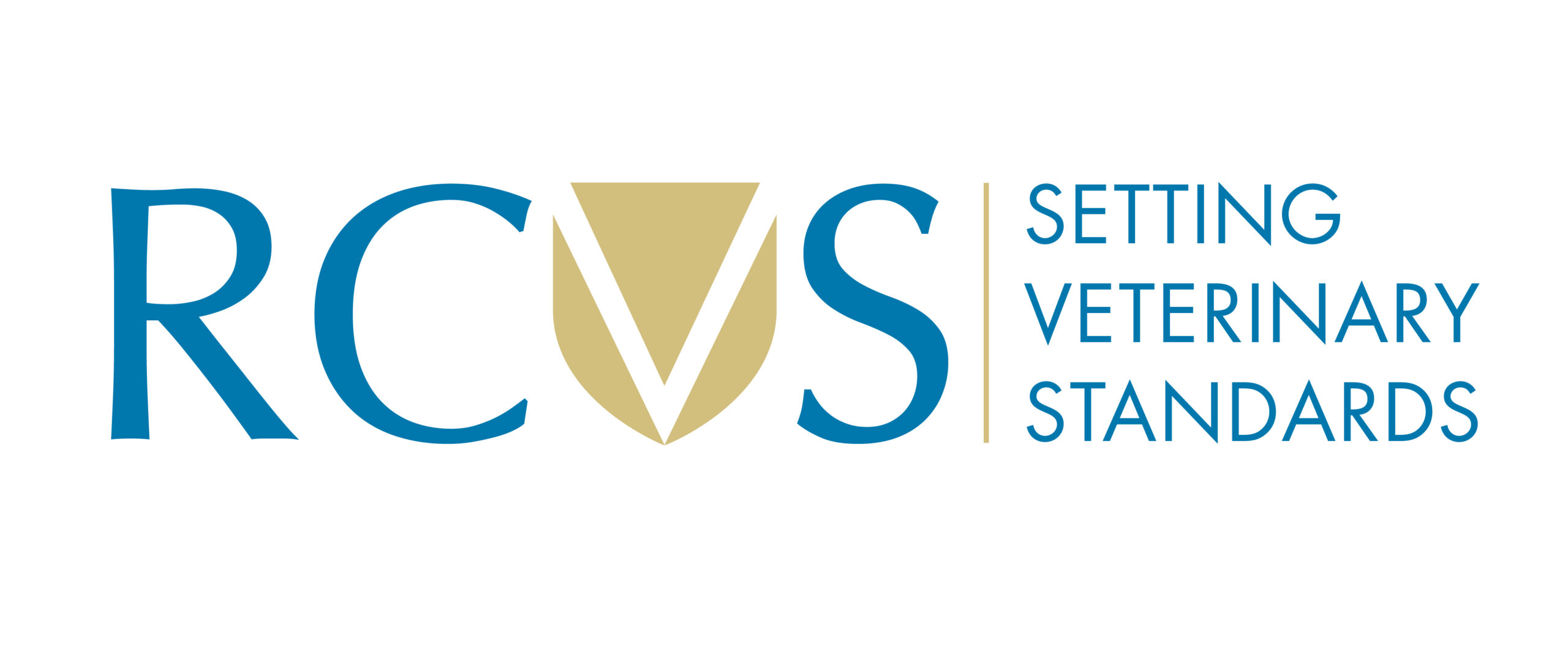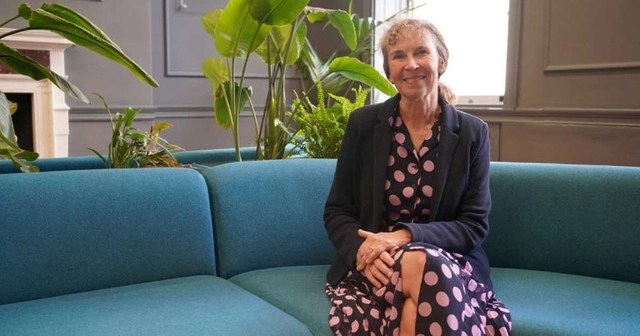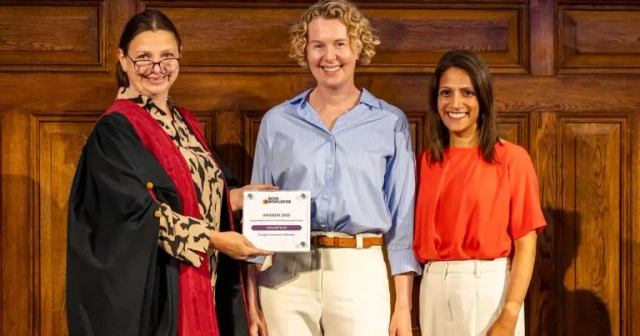
The RCVS has begun consulting on plans that could see the end of elections and a reduction in the number of vets on its governing council.
Members of the veterinary professions have until 22 July to give feedback on wide ranging proposals that include more than doubling the number of laypeople on RCVS council, scrapping elections in favour of an appointment-only system and opening up council membership to certain allied professions.
Proposed changes would see elections to VN council scrapped, too, with an increase in the number of lay members and a reduction in size of that body from 14 to 12 members.
The measures would also allow the RCVS to achieve its long-held ambition to regulate veterinary practices and take on a regulatory role for “allied professionals” such as musculoskeletal therapists, cattle foot trimmers and equine dental technicians.
‘Undemocratic’
There was general support for the proposals when the consultation was formally launched at BVA Live in Birmingham on 10 June, but concerns were raised among some delegates that the changes could “create a quango” and that scrapping elections would make the college “undemocratic” and leave vets in a minority on its council.
In response, RCVS representatives argued that, as well as delivering the stated benefits, governance changes would bring it into line with most of other professional regulators such as the Nursing and Midwifery Council and the General Medical Council, which both have appointed councils.
RCVS president Sue Paterson said: “We acknowledge that there has been some disquiet over the fact that, under these proposals, we would no longer be holding the annual elections to either RCVS council or VN council.
“However, we believe that an independent, fair and skills-based appointment process would be a superior way of selecting the membership of RCVS council and VN council than the elections, which, unfortunately, the vast majority of the veterinary professions do not currently engage in, and that risk creating the impression that the RCVS is some sort of representative organisation.”
Wider representation
College representatives also argued that by moving from elections to an appointment-based system would make council more representative by allowing for appointed members from Northern Ireland and Wales – two regions that are traditionally under-represented.
An appointment system would also potentially allow for new graduate appointments to council and members from other under-represented areas of the profession, such as public health and large animal practice.
Dr Paterson added: “The proposals would also help us get the best talent with the right skill sets and experience to serve on RCVS council, VN council and our committees, drawing on both laypeople and the broad sweep of the veterinary professions.”
While the RCVS has pushed ahead with the launch of its consultation, most of its proposals require new primary legislation in the form of a new Veterinary Surgeons Act (VSA).
Previous attempts to secure a new VSA have failed, but the college may have been given renewed hope after the Competition and Markets Authority (CMA) announced it would be pressing ahead with a full market investigation of the UK small animal veterinary sector.
Refuted
Part of this investigation will be to look at whether the current regulatory framework is preventing the market from functioning as well as it could, but college officials refuted the suggestion that the success of their latest push for reform was reliant on the outcome of the CMA investigation.
Dr Paterson said: “In all the conversations we’ve had with members of both parliamentary houses, the need for legislative change seems to be recognised by all major parties.
“We’ve welcomed the CMA’s market investigation because it has highlighted some of the current deficiencies of the regulatory framework – particularly in terms of there being no powers to regulate veterinary practices.
“However, our campaigning and confidence on the need for legislative reform long predates the CMA investigation and has widespread support within the profession from representative bodies such as the BVA and BVNA.”
For further information on the RCVS proposals, visit the website.
Credit to: RCVS to consult on reform plans to scrap council elections (Vet Times)
Vet Times. (2023). RCVS to consult on reform plans to scrap council elections [online]
Available at: https://www.vettimes.co.uk/news/rcvs-to-consult-on-reform-plans-to-scrap-council-elections/





